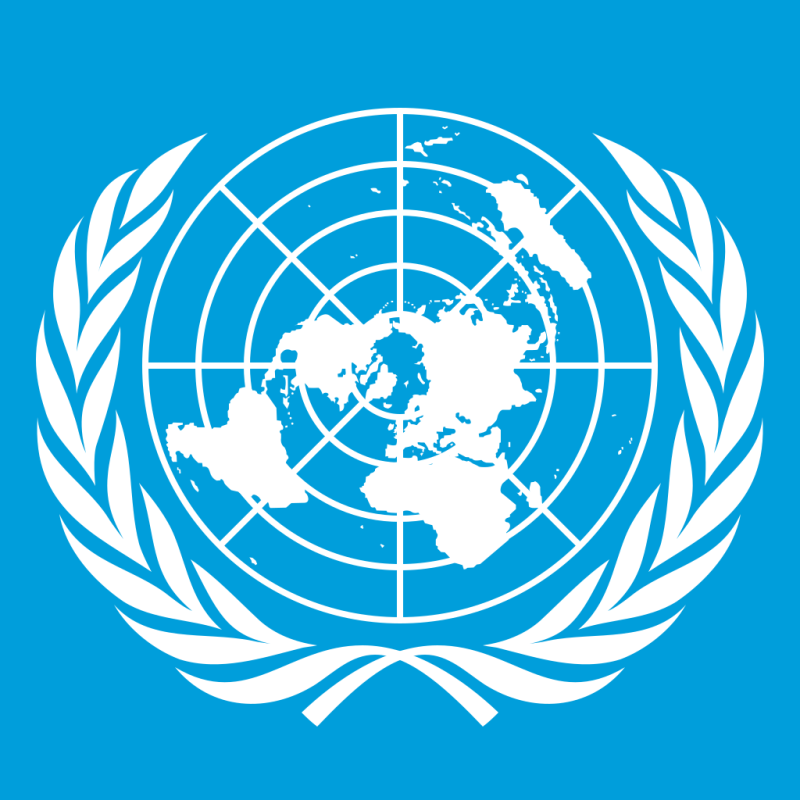Research by Kohelet Forum Policy illuminates the fact that Israel’s comparatively low rate of importing goods and services is largely a result of government policy, particularly the barriers imposed on importation.
Israel’s economy is characterized in some ways as an “island economy”, i.e. an economy with limited natural resources cut off from trade on its borders. A closer look at the data, however, points to the fact that Israeli policy choices, in particular the barriers placed on importation largely create this reality artificially. Customs times and costs, a heavy regulatory burden of standards and legislation and port inefficiency all contribute to creating island economy conditions.
In a new chapter of the chartbook, Nisan Avraham and Ran Fitoussi gather the data and present a set of detailed graphs. Their research shows the following:
- Import of goods to Israel as a percentage of GDP is relatively low and has shrunk in the past decade, being seven percentage points lower than the OECD average, and having dropped by two points, increasing the disparity.
- While countries with small populations tend to import more goods, Israeli import is low compared to similarly populated economies. The import of goods ratio was 21%, around nine percentage points below the regression line.
- The time required for customs paperwork and inspection in Israel is greater than in all OECD countries aside from Columbia.
- The costs of customs paperwork and inspection are relatively high in Israel.
- Israeli ports have always been rated low on various scales, with the Ashdod port consistently being among the 15% lowest on the efficiency scale. Haifa port climbed from the 196th spot to the 56th after privatization. Haifa now has three private ports – the veteran Israel Shipyards which was restricted to 5% of the market, the Haifa Bay Port that expanded operations in 2022 and the privatized Haifa Port that commenced operations only in 2023. Despite the bump from privatization, the ports struggle with competition barriers that create uncertainty and harm investment in infrastructure.
- Trade barriers in the form of standards, legislation and governmental procedures are being continuously expanded.
- The volume of regulatory trade barriers (as measured in number of pages) has grown significantly, particularly in the past two decades.
- The number of official standards added in recent years exceeds those that were canceled over the near seventy-year existence of the Standards Institution of Israel, despite the 2014 Lang Committee’s recommendation to reduce their number.
- Regulations that serve as trade barriers are created mostly by the Ministries of Health, Agriculture and Transport.
- Importation of services to Israel is relatively low, and the disparity with the OECD average has slightly increased in recent years.
- While countries with small populations tend to import more services, Israel’s import as percentage of GDP is slightly lower than that of similarly populated economies.
- Trade barriers on services are among the strictest among OECD countries.
In further research of regulatory trade barriers, economists Tirtza Attia and Ran Fitoussi thoroughly examine the different regulatory barriers on importation and for the first time categorize and map out their full extent (or as fully as the available data allow). Their policy paper demonstrates how government protective measures have shifted from tariffs and customs duties to standardization practices, increasing restrictive legislation, and opaque internal rules and regulations.
The first chapter records the data, revealing that the importation of goods and services as percentage of GDP has been steadily decreasing. Import ratio relative to population size is significantly lower than the OECD average.
The decrease cannot be attributed to tariff barriers, since Israel in the past years has signed more free trade agreements and canceled a number of customs duties.
In contrast, Non-Tariff measures have grown more extensive. Although these are not easily measurable, due to the difficulty in tracing them and states’ questionable reliability in self-reporting, data shows the extent of these barriers in Israel to be greater than in other developed countries.
The next section examines the trade barrier in the form of standardization. Standards are the technical requirements for certain products being imported, usually for health and safety reasons. In Israel, the regulation of standards is deeply flawed for several reasons.
1. The number of official, legally binding (rather than voluntary) standards is high and steadily increasing. These standards include not only the explicit formulations signed by the minister, but also additional requirements that most are unaware of: the standards mentioned within the official standard guidelines, and so elevated to the same official status. Ninety three percent of official standards incorporate such additional standards.
2. The procedure for creating standards is dysfunctional, despite repeated efforts at reform: most importantly, the Standards Institution of Israel both creates and inspects standards, which represents a huge conflict of interest, wherein the Institute is incentivized to expand and complicate standards as much as possible. This is precisely why this is not the arrangement in Europe or the US.
3. Despite reforms, small importers and the public interest are not represented in the decision process. Large importers are always interested in regulatory burdens they can afford but others cannot. The paper details why the mechanisms designed for better representation don’t work. For instance, the importation representatives on the standardization committee come from the Federation of Israeli Chambers of Commerce, which represents the big importers. In the deliberation on creating standards for tampons, the representatives were from Procter and Gamble and Johnson & Johnson – who unsurprisingly voted to add requirements well beyond international standards.
4. Although past reforms aimed to align Israeli standardization with European standards, Israeli standards today adopt voluntary European standards as official ones, retain many original Israeli standards that were created by legislation, often create new standards and unnecessarily complicate and lengthen the standards adopted.
The economists next look at trade barriers in the form of legislation. Various ministries add to the regulatory burden by formulating binding rules in primary legislation, secondary legislation and internal procedures, rules and regulations. The first point of interest is the major difficulty of even finding or identifying the extent and specifics of such regulation. What can be traced shows there has been a marked rise in laws and regulations governing imports through the years.
This form of trade barrier is characterized by a number of failings:
1. Forty seven percent of legislative regulation appears in internal procedures or guidelines. These do not appear in official databases but rather in obscure, convoluted locations. Government itself has no organized database listing all importation requirements.
2. Internal regulation barriers are undemocratic and unsupervised by the legislative branch. Despite repeated attempts to lighten the regulatory burden, the people’s representatives have not succeeded in implementing the people’s will on the matter.
3. Although the government adopted “smart regulation” that incorporates an OECD recommended assessment procedure called RIA (Regulatory Assessment Impact), internal procedural regulation can avoid the requirement and nullify most of its impact.
4. Israeli legislation is not aligned with international practice through various loopholes: adopting international frameworks but changing their content, adopting outlier rather than common regulations from abroad, changing international voluntary standards to official ones, and disregarding international impact when creating new standards. This misalignment lays its own burden on importation.
The authors recommend readjusting public and government attention from the narrow focus on official standards to a macro-level paradigm that incorporates the full extent of the regulatory burden and seeks to resolve all the extant issues: the institutional failures, mainly decoupling the Standard Institution of Israel from inspection authority and restructuring the standardization process, and the legislative difficulties, first and foremost by mapping out all the rules and regulations in one database and further revising importation restrictions on government spending.
Free trade is an essential element for economic flourishing. To reduce the cost of living, the people’s representatives must implement policies that open the Israeli market to free importation.
See:



